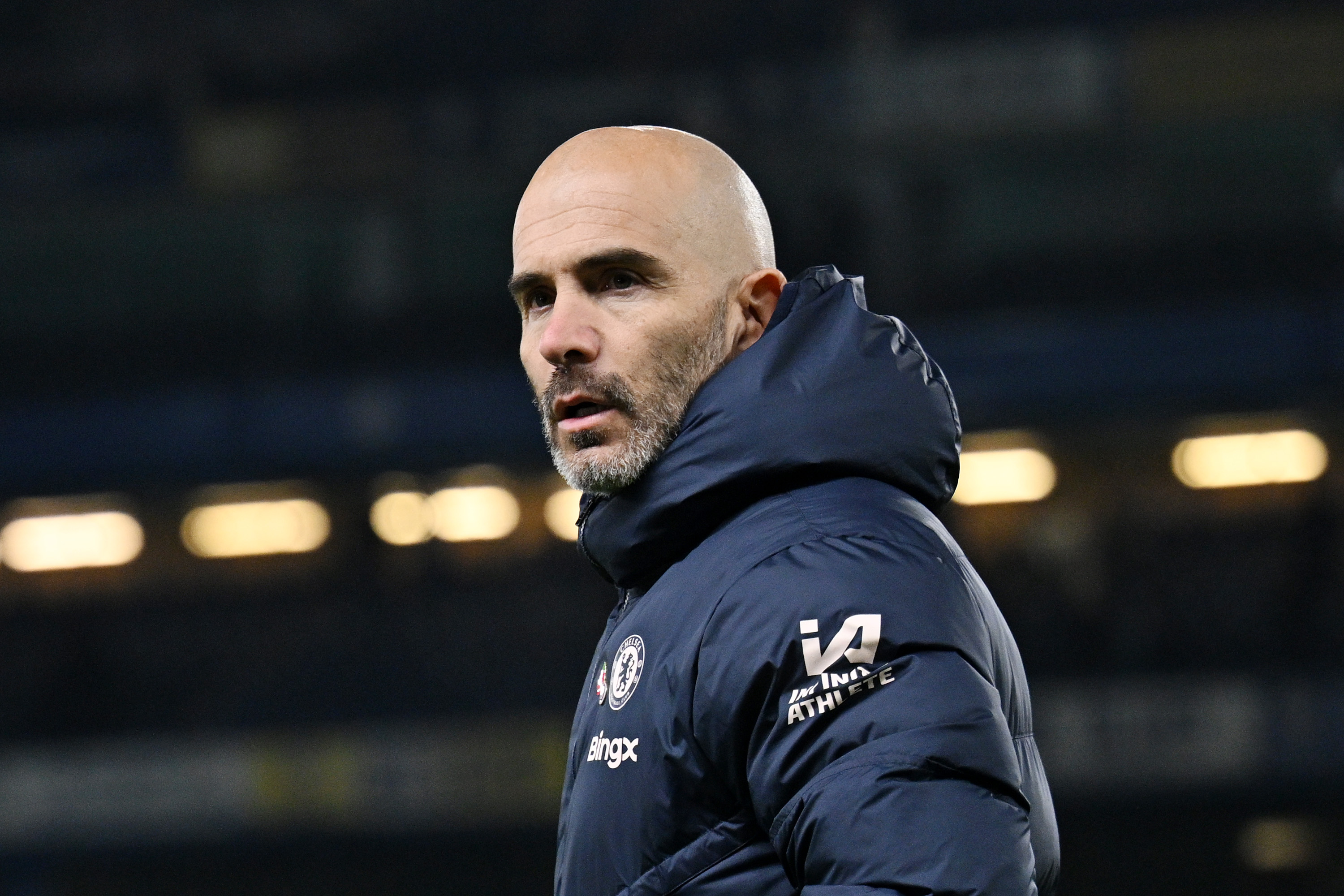Why the Europa League can rediscover the magic of the UEFA Cup
With underdogs making waves and the knockout stages set to feature more quality sides than ever, Lee Roden explains why Europe's junior competition is enjoying something of a renaissance...
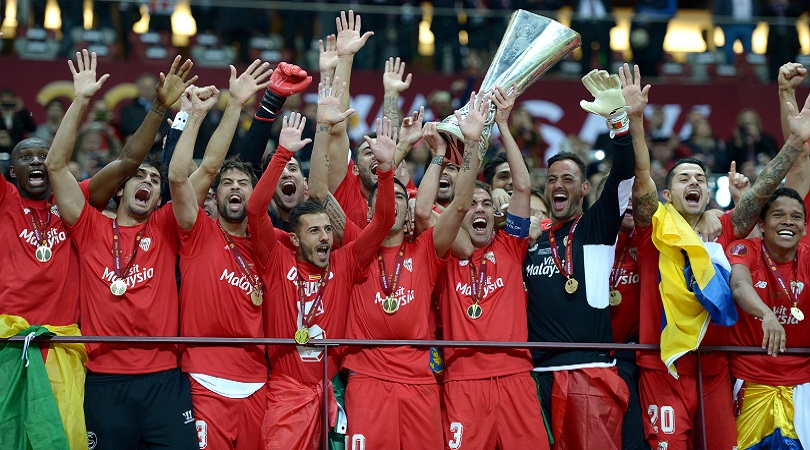
The sheer disdain shown for the Europa League by some is a far cry from the excitement the competition used to generate. In the years where only one or two teams from each league could enter the European Cup, the old UEFA Cup boasted its own host of elite sides, regularly featuring the likes of Ajax, Juventus, Bayern Munich and Liverpool.
There’s no escaping the sensation that, in the last 10 years, the tournament has struggled to capture the imagination in the same way it used to, particularly in Britain. Expansion of the number of participants means that the quality is perceived to have been diluted, leading to more unwelcome trips to what seems like the other side of the world. The uninspiring name change certainly didn’t help either.
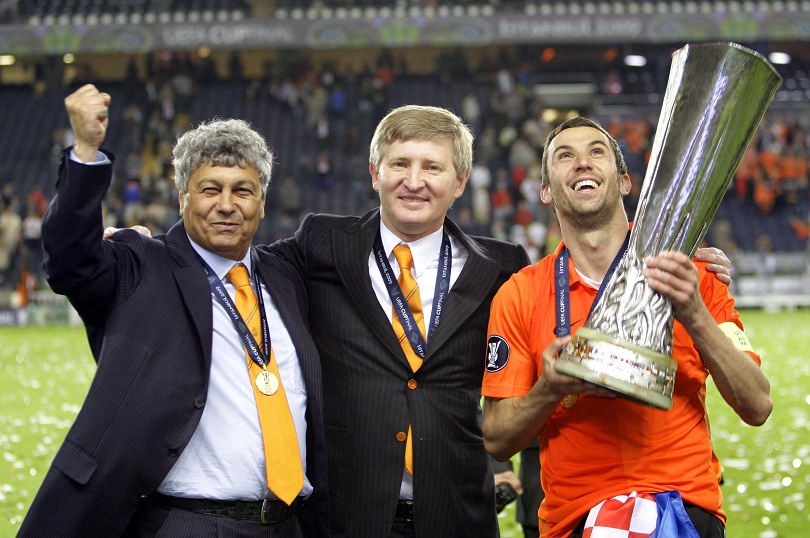
This year, however, it feels as if change is afoot. Knockout stages packed with European Cup royalty, former competition winners and a few genuine underdogs means that the 2015/16 edition has the potential to be the best in years. Could it be that the Europa League has finally recovered some of the UEFA Cup’s magic? There’s certainly a strong case to be made - and several reasons to make it.
Europe’s royalty are out in force
As many as six Champions League winners could be thrown into the mix by the time the last knockout places are decided
The most striking feature of this year’s Europa League knockout stages is the sheer volume of Champions League winners present, harking back to the days when the UEFA Cup was contested by teams who had won top honours. As many as six Champions League winners could be thrown into the mix by the time the last knockout places are decided (four are guaranteed of their spot). They will be joined by a minimum of four other teams who have been Champions League runners-up, with each heavyweight coming with a compelling back story – not least Manchester United.
The Red Devils are in the running for a first non-domestic trophy since 2008, and even if there is clear disappointment from exiting the Champions League, topping the continent’s second tier would still be a good achievement for Louis van Gaal considering United’s last European final came five seasons ago.
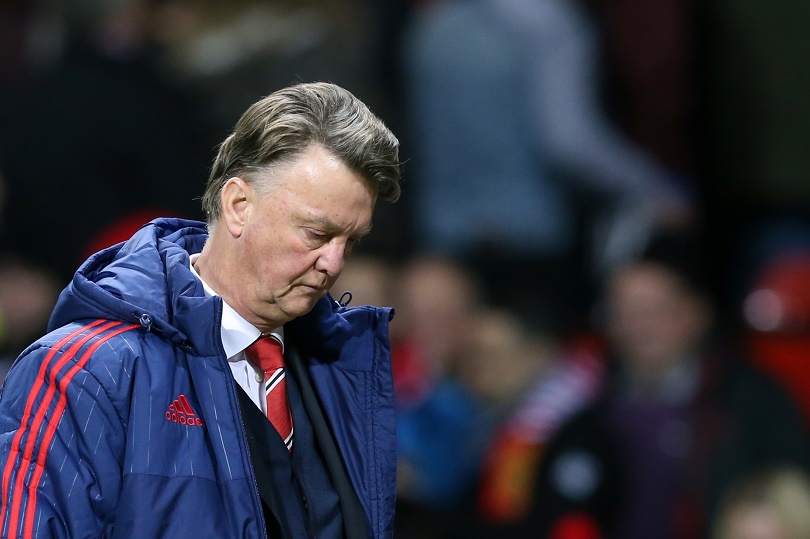
Particularly tantalising is the potential for them to meet Liverpool somewhere down the line. Five-time European Cup and thrice UEFA Cup winners, the Anfield club will hope that the re-energising spark provided by Jurgen Klopp’s arrival leads to a first European trophy since 2005. But it will be far from easy.
Get FourFourTwo Newsletter
The best features, fun and footballing quizzes, straight to your inbox every week.
Indeed, Klopp’s men could at some stage potentially meet his old club Borussia Dortmund, another one of the heavyweights who will help make the knockout rounds compelling viewing. The 1996/97 Champions League winners are reaping the rewards of a new possession-based style under Thomas Tuchel, and in Pierre-Emerick Aubameyang have one of the most in-form forwards in the world. A tie between Dortmund and Liverpool would be difficult for even the biggest Europa League cynic to ignore... as for that matter would Manchester United against Valencia, now led by diehard Red Devil Gary Neville.
A huge contingent of winners
The number of teams involved who have previously won the UEFA Cup or Europa League reaches double figures
The quality doesn’t stop with the ranks of European Cup champions: the number of teams involved who have previously won the UEFA Cup or Europa League reaches double figures, with a minimum of 11 set to compete in the Round of 32. Several of those sides will be among the toughest nuts to crack for any trophy hopefuls, not least Europa League kings Sevilla, who are looking to win the tournament for the third successive season.
Intriguingly, many winners from bygone eras are in resurgent form. One such case is Napoli, who lifted the cup with the help of Diego Maradona in the 1980s. Having narrowly missing out on a place in the final last year, the Italians are clearly in no mood to mess around this time around: Maurizio Sarri’s side have won every single one of their first five group stage games, scoring 17 goals and conceding only one.
Closer to home, it looks as if something might be brewing at White Hart Lane, with Mauricio Pochettino’s Tottenham Hotspur so far managing to balance good results in the Premier League with consistently solid displays in Europe. Spurs were one of the great sides of the UEFA Cup’s early days, winning the inaugural tournament in 1972 then claiming it again in 1984, so another campaign worthy of that history is long overdue. In principle, Pochettino’s high-octane style is a good fit for European competition.
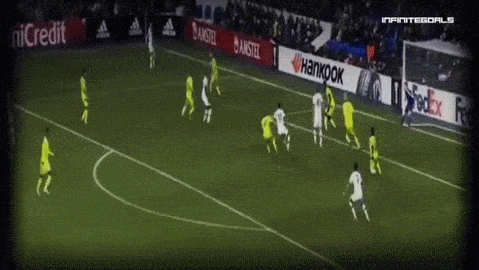
The underdogs are biting back
While the big teams grab the headlines, sides from some of the traditionally smaller European nations are discretely making an impact this year, with the likes of Sparta Prague and Rapid Vienna already through to the last 32
The attraction of the old UEFA Cup wasn’t only in the big names, but also the underdog success stories. Few outside of England would have foreseen Ipswich Town’s dramatic victory in 1981, for example, while IFK Göteborg’s two triumphs with teams of amateurs in the same decade was another unthinkable occurrence. The financial gulf in modern football makes it unlikely that such achievements will ever be repeated, but this year’s Europa League has so far had its fair share of underdog success stories. Molde FK are one club determined to buck the trend; drawn in a group of death with Ajax, Celtic and Fenerbahce, the Norwegians shocked everyone by taking 10 points from their first four games and qualifying for the first knockout round with two games to spare. Even if you’re Dortmund, Liverpool or Sevilla, a trip to Molde’s blustery Aker Stadion on the west coast of Norway won’t be desirable.
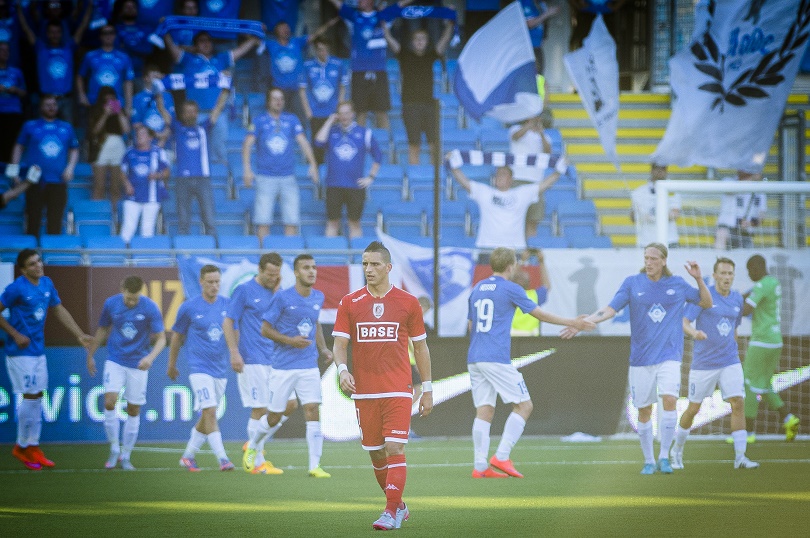
While the big teams grab the headlines, sides from some of the traditionally smaller European nations are discreetly making an impact this year, with the likes of Sparta Prague and Rapid Vienna already through to the last 32, and humble Danes FC Midtjylland on the brink of progression at the expense of 1976 European Cup runners-up Club Brugge. There could be a few more surprises in store over the coming months.
The incentive to win has never been greater
Perhaps the biggest indicator that we will be treated to a compelling knockout phase in 2016 is the combination of top-quality competitors and the sizeable incentive to go all the way: the winners of the Europa League will go straight into the group stage of next term’s Champions League. Every competitor, be it Molde or Man United, will appreciate the value in that shortcut.
The qualified teams know that a few more wins could be all that is required to secure a spot at Europe’s top table next season
The qualified teams know that a few more wins could be all that is required to secure a spot at Europe’s top table next season, arguably a much more manageable task than the unpredictability of trying to achieve the same feat in a domestic league. With so many top sides involved and undeniable value to be had by winning the trophy, we could finally have the perfect storm for a Europa League to remember this year – and one capable of rivalling the UEFA Cup of old.
